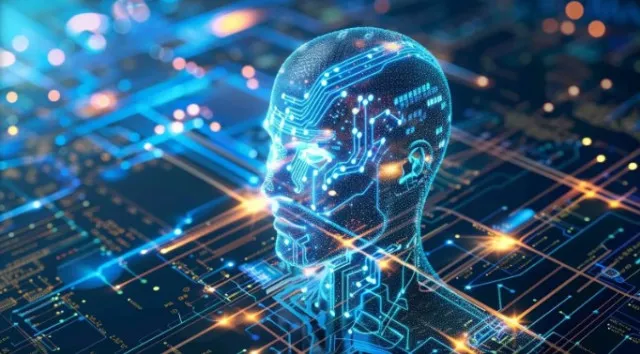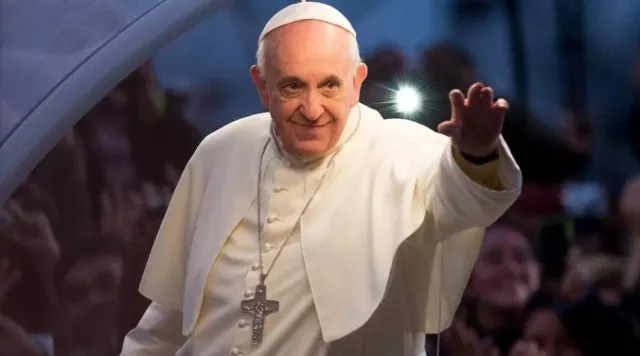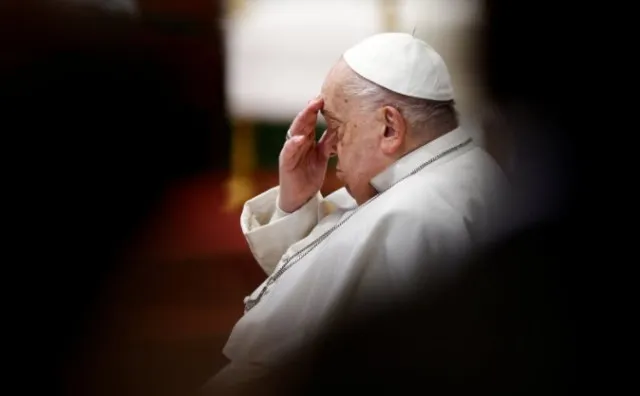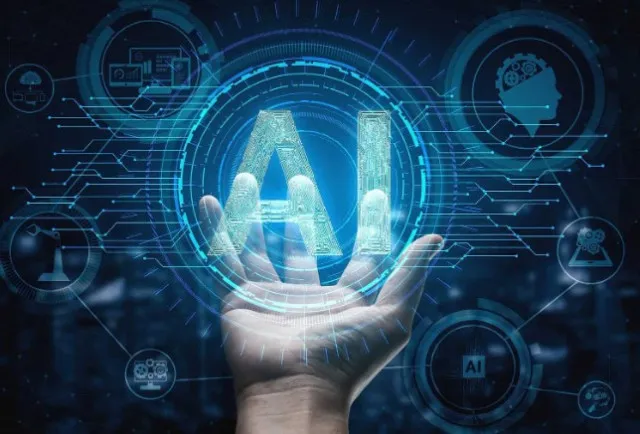Weeks before Pope Francis’s death, the Vatican issued a warning about the potential dangers and ‘shadow of evil’ in AI.
In recent weeks, the Vatican shared serious concerns about artificial intelligence (AI) just before the passing of Pope Francis.
As AI advances, leaders, including the Vatican, are highlighting its potential dangers and the risks associated with this powerful technology.
The rise of artificial intelligence technology
Artificial intelligence has become a significant part of our lives over the last few years.
AI has evolved from simple chatbots to advanced technologies like ChatGPT, capable of creating realistic images and developing solutions such as vaccines.

This growth demonstrates how far AI has come and how influential it has become in different sectors.
One of the most exciting prospects for AI is the development of artificial general intelligence (AGI).
This term refers to a level of AI that could match or surpass human intelligence.
Experts, including the CEO of Google’s DeepMind, suggest that we may see AGI within the next five to ten years.
However, this rapid progress raises important questions about ethics and control.
Vatican cautions about the ‘shadow of evil’ in AI weeks before Pope Francis’ passing
The Vatican expressed its worries about AI in a statement that emphasized both the potential benefits and the significant risks involved.

They called for careful oversight of AI technology, recognizing that while it can offer many opportunities, it also poses challenges that need to be addressed.
The Vatican warned that “the shadow of evil” can accompany technological advancements.
“In all areas where humans are called to make decisions, the shadow of evil also looms here,” the Vatican wrote in reference to the deployment of AI.
“The moral evaluation of this technology will need to take into account how it is directed and used.”
Pope Francis’s final prayer on technology
Before his death, Pope Francis shared his thoughts on the impact of new technologies, including AI.
In his last monthly prayer, he urged people to remember the importance of genuine human connections.
He recognized that while technology can enhance our lives, it should not replace the essential bonds between individuals.

Misinformation poses serious threats to society.
One of the significant risks associated with AI is its ability to create and spread misinformation.
The Vatican emphasized that widespread deception could undermine the trust at the core of societies.
Geoffrey Hinton, the “Godfather of AI,” has raised alarms about the potential misuse of AI technologies, echoing these concerns.
“Such widespread deception is no trivial matter; it strikes at the core of humanity, dismantling the foundational trust on which societies are built.”
Voices from the AI community
Even within the tech industry, leaders share similar concerns.

A CEO backed by Jeff Bezos has pointed out that as AI moves closer to achieving AGI, it is crucial for humans to retain control over the technology.
He emphasized that the future should be shaped by our actions, not by AI alone.
Experts acknowledge AI’s potential for advancements but emphasize the importance of using it wisely to avoid risks and misuse.
The balance between harnessing AI’s benefits and preventing its misuse is critical.